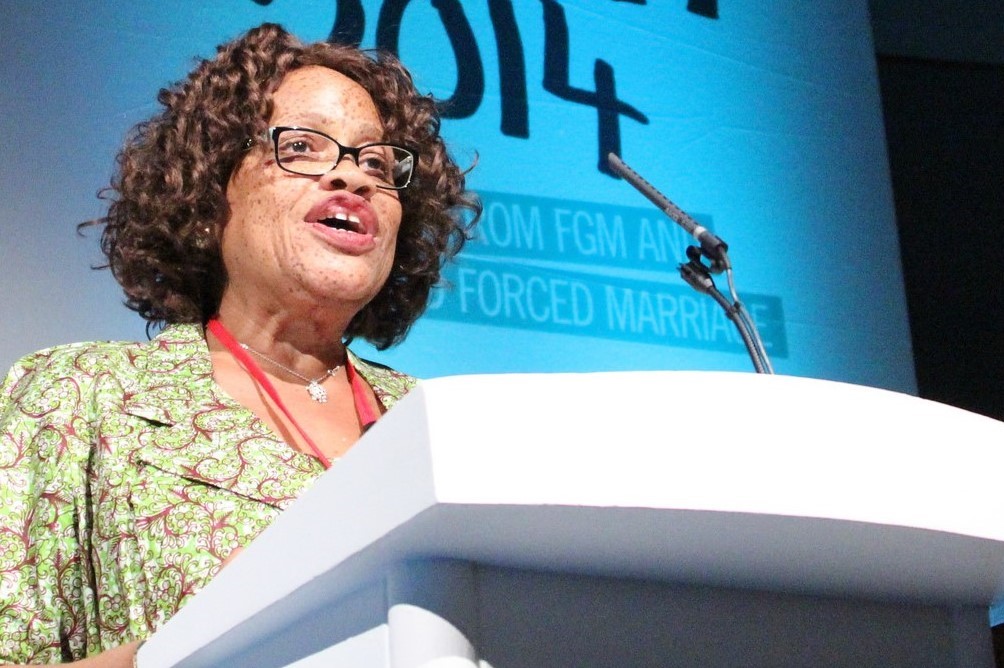MONROVIA, Montserrado – Minister Julia Duncan-Cassell of the Ministry of Gender, Children and Social Protection said the Ministry would soon petition the national legislature to enact a law to criminalize female circumcision, also known as female genital mutilation.
Duncan-Cassell made the disclosure to reporters on Monday, December 22 following a brief discussion with the Joint Legislative Committee on Judiciary, Health and Gender Equality, Child Development and Social Services at the Capitol building in Monrovia.
Duncan-Cassell said the proposed bill would also seek to ban other traditional practices that are associated with domestic violence. Such practices, according to her, include forced initiations into secret societies.
She said it had come to the attention of the Ministry that FGM and domestic violence are growing in prevalence. “Remedies available to the survivors and victims of these situations have proven ineffective,†she said. “This practice needs to stop.â€
She said her meeting with the lawmakers was intended to discuss formally the contents of the draft bill and seek their endorsement and support to pass the proposal into law when it is finally submitted in January next year.
Duncan-Cassell said she hoped that the bill would be mentioned in the president’s 2016 State of the Nation address in January. According to her, the president has already declared support for the bill.
The meeting was attended by the House Committee Chair on Health and Gender Equity, Rep. Johnson Chea; the House Committee Chair on Child Development and Social Services, Rep. Corpu Barclay; and the Senate Committee Chair on Health Dr. Peter Coleman. The Acting Chair of the House Judiciary Committee, Rep. Worlea Saywah Dunah, presided over the meeting.
The proposal for the law comes amid a recent UN report calling on the government to abolish all cultural and traditional practices that violate human rights. The practices include forced initiation into secret societies, FGM, witchcraft accusations, trials by ordeal and ritualistic killings.
The UN Commission of Human Rights stressed for human rights obligations to take precedence over any local practices considered to be cultural or traditional where such practices are incompatible with human principles.
Duncan-Cassell also told reporters that the ministry would also add amendments to existing laws on domestic violence.
A local activist, Forkpayea Mulbah, has criticized the move to criminalize FGM and ban all practices in relation to it. According to him, it was an infringement of the rights of Liberians to practice their cultural tradition.
“I take serious exception to the move to make FGM a criminal offense in this country,†he said.
He said while the Ministry must be hailed for all it has done to promote gender dignity and social protection, the practice of FGM is no violation to human rights.
He wants the Ministry to put more attention on fighting rape as a crime among other forms of domestic violence and human abuses.
If Liberia were to ban FGM, it would join Gambia, which banned the practice in late November of 2015.
Featured Photo by Russell Watkins/Department for International Development



